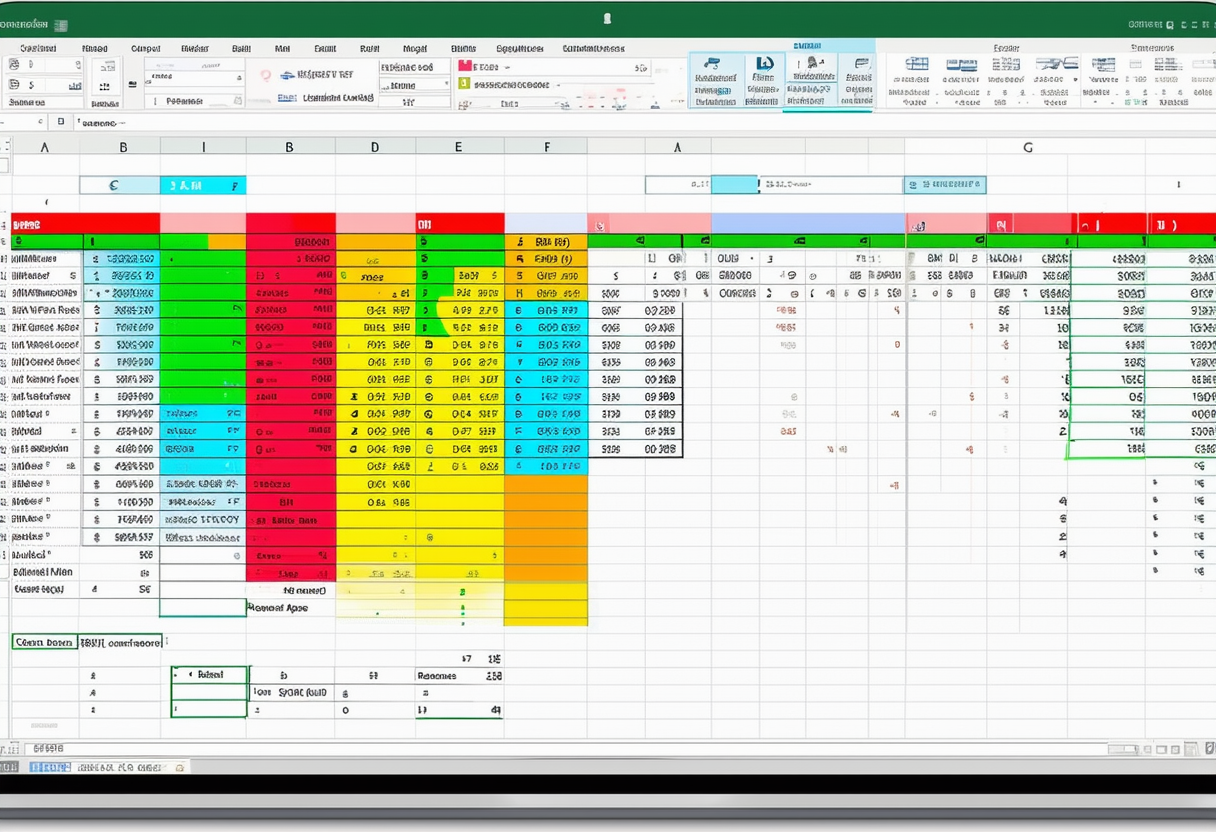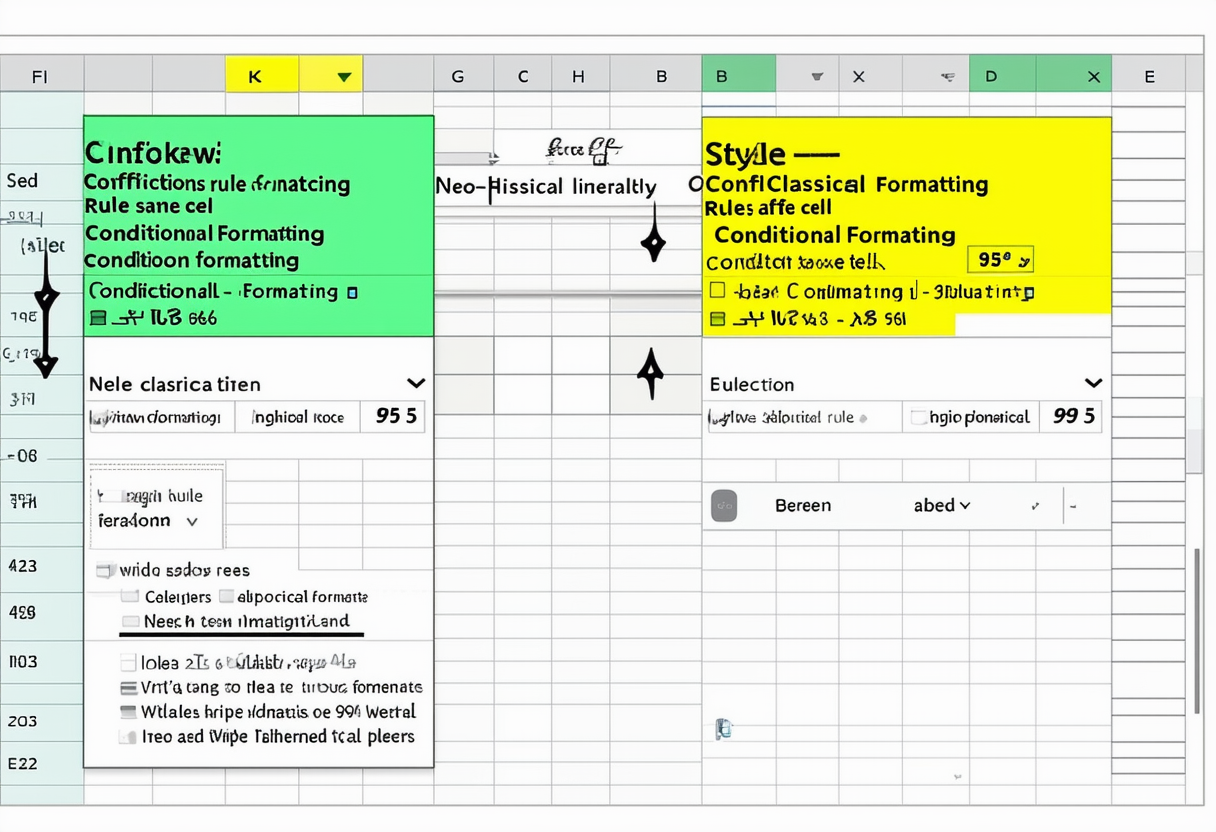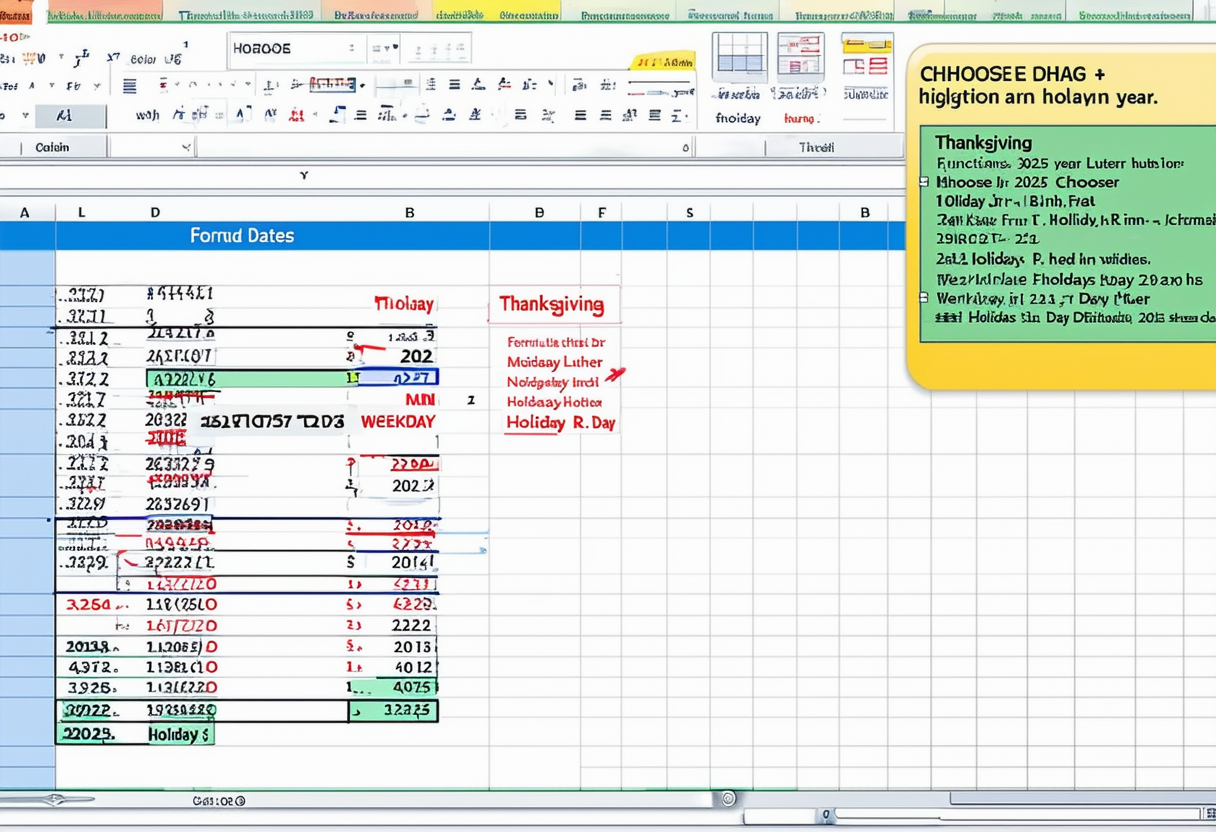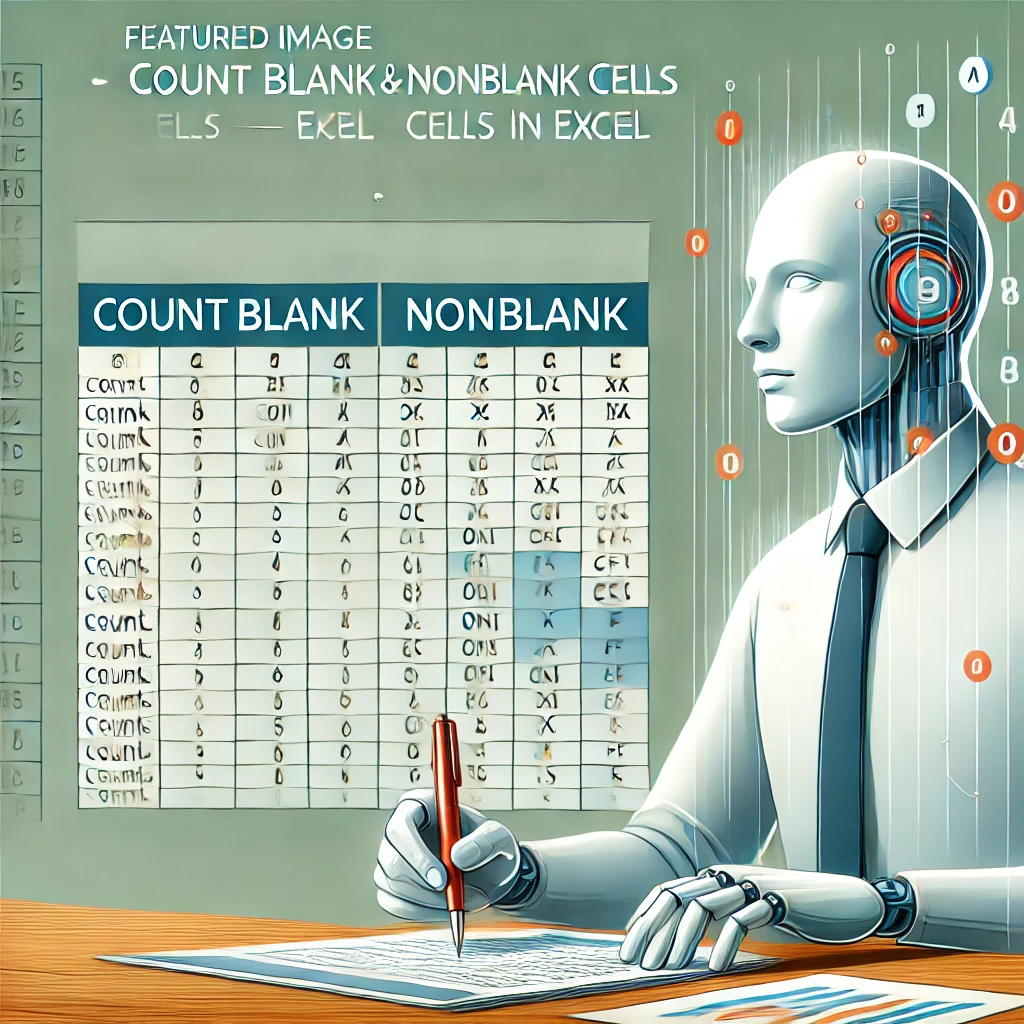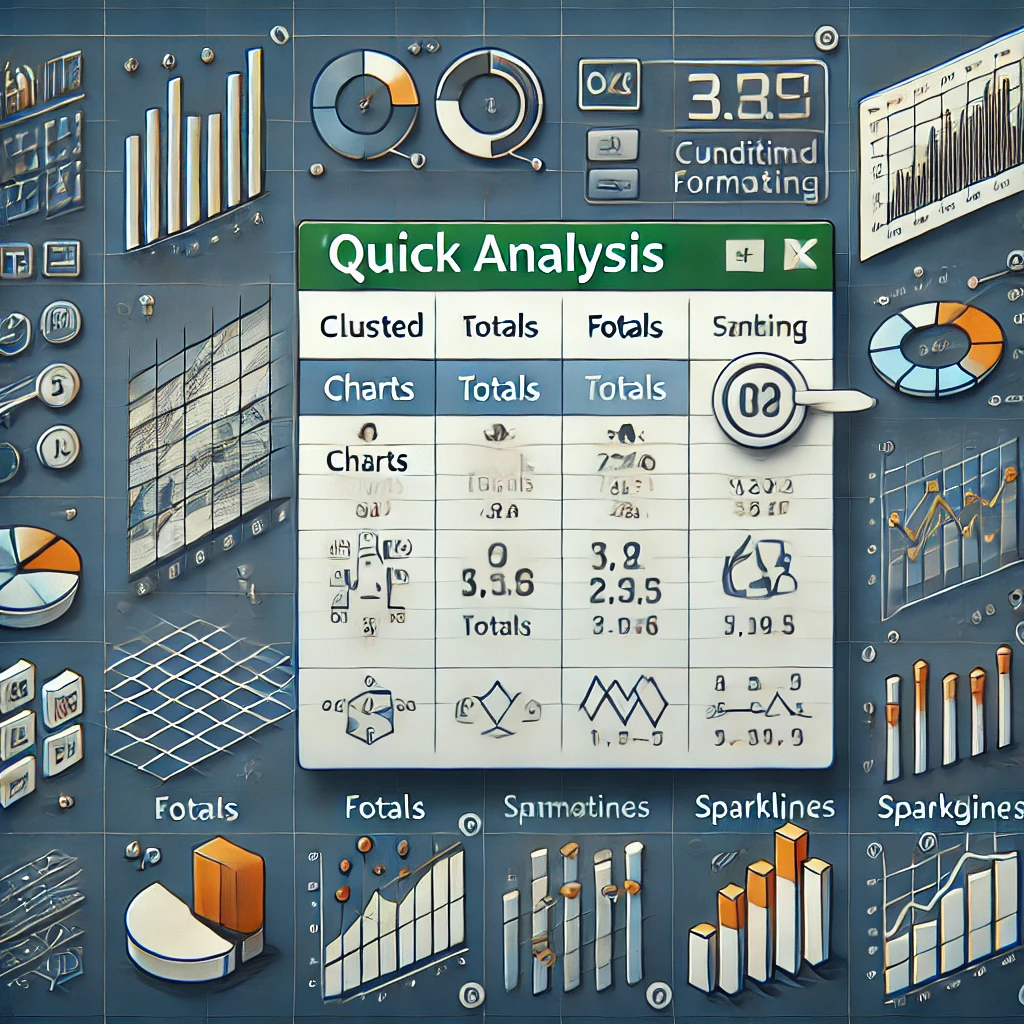Table of Contents
In today’s digital era, the integration of artificial intelligence (AI) has revolutionized various industries, including the world of spreadsheets. Gone are the days of manually entering data and struggling to analyze complex information. With AI, spreadsheets have become more powerful, efficient, and accurate than ever before. In this article, we will explore the many benefits of incorporating AI into spreadsheets and how it can enhance both efficiency and accuracy in data management.
Understanding the Basics of AI in Spreadsheets
Before delving into the world of AI-powered spreadsheets, it is crucial to understand the fundamental concepts behind this technology. AI refers to the development of computer systems that can perform tasks that would typically require human intelligence. In the context of spreadsheets, AI algorithms are utilized to automate processes, analyze data, and provide valuable insights.
AI in spreadsheets is a game-changer, revolutionizing the way professionals handle data management. Gone are the days of manual data entry and the potential for human errors. With AI algorithms at the helm, spreadsheets can extract, organize, and process vast amounts of data within seconds, all while ensuring accuracy and efficiency.
But what exactly is the role of AI in data management? Well, it’s simple. AI-powered spreadsheets excel at handling data with utmost precision. These algorithms have the ability to identify patterns, trends, and outliers in data, providing users with valuable insights for informed decision-making. By automating these tasks, AI frees up valuable time for professionals to focus on more complex analytical and strategic tasks.
The Role of AI in Data Management
One of the primary functions of AI in spreadsheets is to handle data management with utmost efficiency. AI algorithms can extract, organize, and process vast amounts of data within seconds, eliminating the need for manual data entry and potential human errors. By automating these tasks, AI frees up valuable time for professionals to focus on more complex analytical and strategic tasks.
Imagine a scenario where a company needs to analyze sales data from multiple sources. Without AI, this task would be time-consuming and prone to errors. However, with AI-powered spreadsheets, the process becomes seamless. The algorithms can effortlessly extract data from various sources, organize it in a structured manner, and perform complex calculations to generate meaningful insights.
Furthermore, AI algorithms continuously learn and adapt to new data, ensuring that the insights provided are always up-to-date and accurate. This level of data management efficiency is unparalleled, enabling businesses to make informed decisions quickly and effectively.
How AI Improves Spreadsheet Functionality
AI-powered spreadsheets are equipped with advanced features that go beyond traditional functionalities. These features, such as natural language processing and machine learning, enable spreadsheets to understand and interpret data in a more intuitive and intelligent manner. Additionally, AI algorithms can identify patterns, trends, and outliers in data, providing users with valuable insights for informed decision-making.
Let’s take a closer look at how AI enhances spreadsheet functionality. Natural language processing allows users to interact with spreadsheets using everyday language. Instead of manually inputting formulas and commands, users can simply type or speak their requests, and the AI algorithms will understand and execute them accordingly. This feature not only saves time but also makes spreadsheets more accessible to individuals with varying levels of technical expertise.
Machine learning is another powerful tool that AI brings to spreadsheets. By analyzing historical data and user behavior, machine learning algorithms can predict future trends and make accurate forecasts. This capability is particularly valuable in financial planning, sales forecasting, and inventory management, where accurate predictions can significantly impact business performance.
In conclusion, AI-powered spreadsheets are revolutionizing the way professionals handle data management and analysis. With their ability to automate processes, analyze data, and provide valuable insights, these spreadsheets are becoming indispensable tools for businesses across various industries. As AI continues to advance, we can expect even more exciting developments in the world of AI-powered spreadsheets.
The Impact of AI on Spreadsheet Efficiency
Streamlining data analysis is a crucial aspect of spreadsheet usage, and AI plays a pivotal role in enhancing efficiency in this area.
Streamlining Data Analysis with AI
With AI, spreadsheet users can perform complex data analysis tasks more efficiently. AI algorithms can automate the process of identifying correlations, outliers, and trends within datasets, allowing professionals to gain valuable insights without spending hours manually crunching numbers. This accelerated analysis not only saves time but also empowers organizations to make data-driven decisions faster and more accurately.
AI and Time Management in Spreadsheet Usage
Time management is essential in any professional setting, and spreadsheet usage is no exception. AI-powered spreadsheets offer time-saving features, such as automated formulas and macros, reducing the time spent on repetitive tasks. This time-saving aspect allows professionals to allocate their time and resources more efficiently, focusing on higher-value activities that contribute to organizational success.
AI’s Contribution to Spreadsheet Accuracy
Accuracy is paramount when working with spreadsheets, as errors can have significant consequences. AI introduces a new level of precision and reliability to spreadsheet usage.
Reducing Human Error with AI
Human errors, such as typos or misinterpretation of data, can lead to costly mistakes and inaccurate analysis. AI-powered spreadsheets minimize the risk of such errors by automating data entry and ensuring consistency throughout the spreadsheet. Additionally, AI algorithms can detect anomalies and inconsistencies in data, allowing users to swiftly identify and rectify any discrepancies.
AI Algorithms for Precise Data Interpretation
Interpreting complex data accurately is often a challenging task for professionals. AI algorithms can enhance data interpretation by extracting insights from large datasets, analyzing patterns, and providing clear visualizations. These precise interpretations enable professionals to make informed decisions based on accurate data analysis, contributing to better outcomes.
Future Prospects of AI in Spreadsheets
As technology continues to advance, the future of AI in spreadsheets holds great promise for further enhancing efficiency and accuracy in data management.
Predictive Analysis and AI
As AI algorithms become more sophisticated, spreadsheets will be able to predict future trends and outcomes with increased accuracy. Predictive analysis, powered by AI, will enable professionals to gain valuable insights into the future, providing a competitive edge in strategic planning and decision-making.
The Role of AI in Advanced Data Visualization
Data visualization plays a crucial role in presenting complex information in a clear and understandable manner. AI will play a significant role in advancing data visualization techniques, enabling the creation of interactive and dynamic visual representations of data. These enhanced visualizations will allow professionals to explore and analyze data more effectively, unlocking hidden insights and facilitating better decision-making.
Coordinating with Sales Post Conference: 5 Essential Tips
While the integration of AI in spreadsheets enhances efficiency and accuracy, the success of any business-to-business (B2B) event, such as a conference, heavily relies on proper post-event follow-up. Here are five essential tips for coordinating with sales after a conference:
- Send personalized follow-up emails to potential leads, expressing gratitude for their attendance and highlighting key takeaways from the conference.
- Schedule follow-up meetings or calls with interested prospects to further discuss their needs and how your products or services can address them.
- Provide relevant and valuable content, such as whitepapers or case studies, to prospects as a way to nurture their interest and demonstrate your expertise.
- Utilize CRM software to track and manage follow-up activities, ensuring that no leads fall through the cracks and that each prospect receives timely and personalized attention.
- Collaborate closely with the sales team, sharing insights gathered during the conference, to align strategies and maximize conversion opportunities.
It is important to emphasize that coordinated follow-up after a conference is crucial to the success of a B2B event. Without timely and personalized engagement, the potential for converting leads into customers diminishes significantly. AI-powered spreadsheets can further support the post-conference coordination efforts, providing sales teams with accurate and up-to-date data for targeted follow-up activities.
In conclusion, the power of AI in spreadsheets is undeniable. From streamlining data analysis and enhancing efficiency to improving accuracy in data interpretation, AI has transformed the way professionals handle spreadsheets. As AI continues to evolve, the future prospects are boundless, offering predictive analysis capabilities and advanced data visualization. However, it is important to remember that technology alone is not enough to guarantee success in B2B events. Coordinated follow-up, along with the utilization of AI-powered spreadsheets, is essential to enhance efficiency and accuracy in post-conference sales activities, maximizing the potential for business growth.




